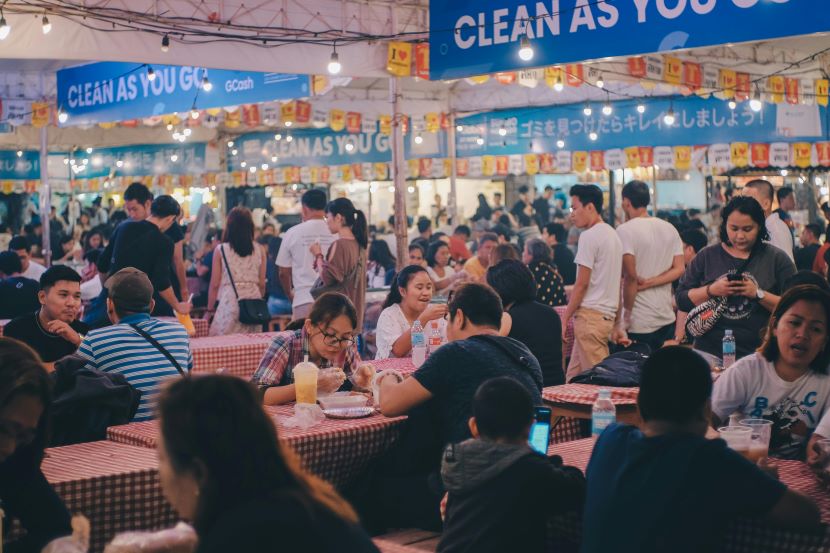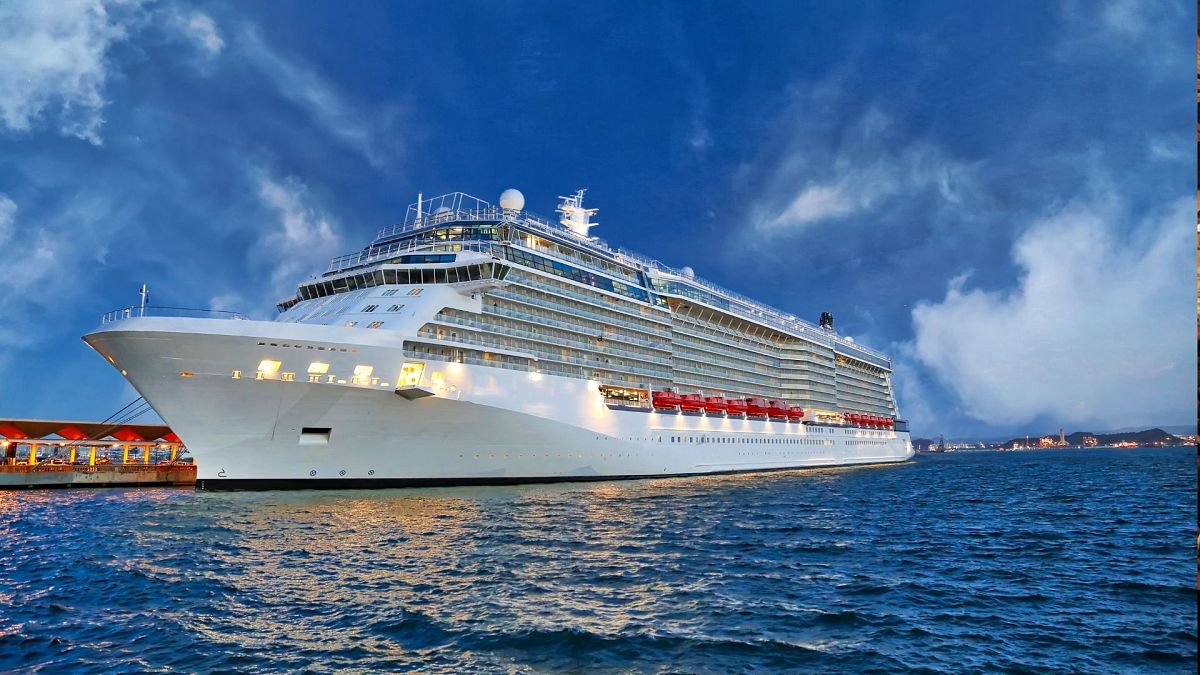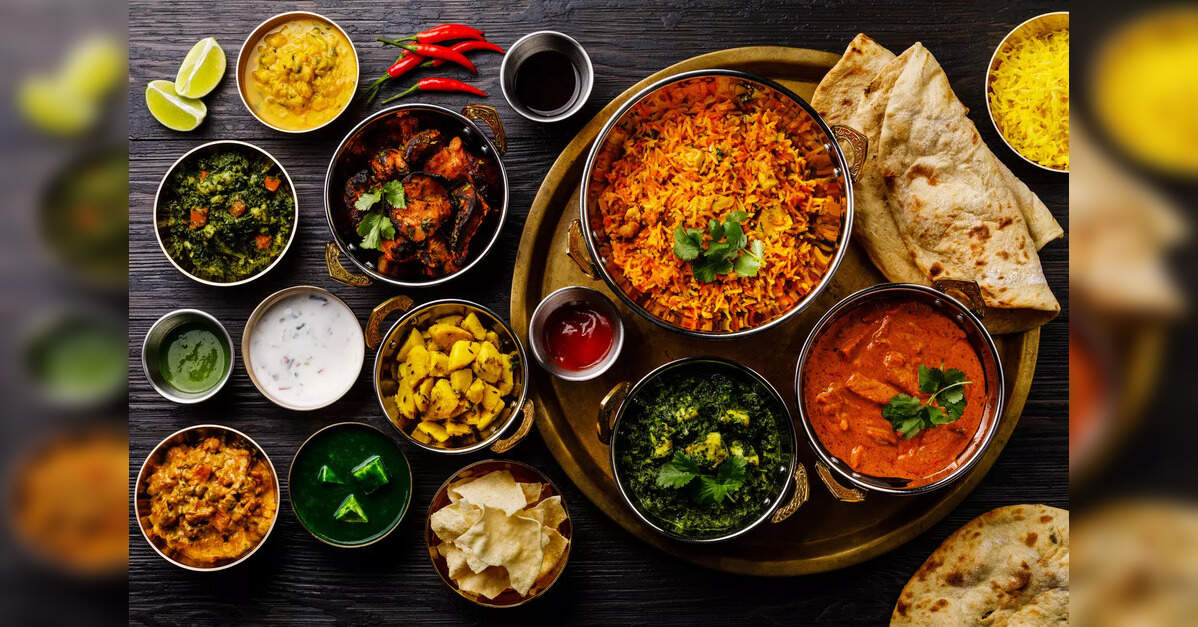From Street Food To Global Hub: Ho Chi Minh City Positions Diverse Culinary Programs As Core Product For Global Tourism Strategy

Published on
October 22, 2025

A pivotal moment in the development of urban travel has been marked by the initiation of diverse new culinary tourism programs in Ho Chi Minh City. This strategic move, spearheaded by the municipal Department of Tourism, is understood to be a direct effort to position gastronomy as a core tourism product for the city. The comprehensive series of food-themed travel offerings were officially introduced on October 22, setting a clear trajectory for the city’s presence on the global travel map. The initiative is explicitly aligned with the overarching municipal tourism development strategy, which extends through the year 2030, ensuring that the inherent cultural richness of the city’s food scene is leveraged for sustained economic growth and international recognition. These specialized tours are expected to broaden the existing tourism offerings, creating compelling new reasons for visitors to engage with the metropolis. It is affirmed by high-ranking officials, such as Bui Thi Ngoc Hieu, Deputy Director of the municipal Department of Tourism, that the immense diversity and cultural depth found within these newly established tours will serve to reaffirm the city’s standing as an international tourism hub and a must-visit destination for travellers across the world.
The Core Strategy: Positioning Gastronomy as a Tourism Anchor
The decision to elevate cuisine to the status of a primary tourism offering was not made lightly; it is a calculated measure intended to reshape the city’s international image. Tourism has historically been a significant contributor to the local economy, and this renewed focus is anticipated to magnify that contribution considerably. It is through the universal appeal of food that a more profound cultural connection is being sought with international audiences. The development of these specialized programs has been entrusted to local travel enterprises, thereby ensuring that the offerings are authentic, insightful, and intrinsically connected to the city’s fabric. The itineraries have been meticulously designed around Ho Chi Minh City’s vast network of dining establishments, bustling shopping districts, and significant sightseeing venues. This holistic approach ensures that a culinary experience is not merely an isolated meal, but an integrated journey through the cityscape. The food itself is treated as a cultural artifact, capable of revealing the layers of history and modern life that coexist within the city limits.
Economic and Cultural Imperatives Driving Expansion
Ambitious economic targets have been established that underscore the importance of these new tourism initiatives. The collective goal for the year 2025 is to successfully attract a substantial total of 10 million international visitors to the city. Correspondingly, a significant financial benchmark has been set, with projections indicating a target of earning VND290 trillion, which equates to over US$11 billion, in total tourism revenue. These figures demonstrate the substantial faith placed in the expanded and diversified product offerings, with culinary tourism expected to be a key driver in achieving this financial success. The economic ripple effects of these programs are far-reaching, stimulating growth not only in the hospitality sector but also in related industries such as local agriculture, food processing, and traditional craft production. Investment in infrastructure and human capital is also expected to be spurred by the increased demand for high-quality, specialized tourism services. Training programs focused on culinary history, cross-cultural communication, and stringent food safety standards are being developed to ensure that the personnel supporting these tours are equipped to deliver world-class service, thereby cementing the city’s reputation for professionalism.
The Green Culinary Frontier: Sustainable Events
A forward-thinking component of the new tourism focus is the emphasis on sustainability, exemplified by the announcement of the 2025 Green Food Festival. This event is slated to be the city’s largest vegetarian food gathering to date, reflecting a global trend toward plant-based dining and environmental consciousness. The festival is being co-hosted by the Ho Chi Minh City Food and Beverage Association (FBA) and the authorities of Binh Phu ward, demonstrating a strong collaboration between public and private sectors in advancing tourism goals. The entire event is designed to adhere to a pioneering “Green Festival – Zero Waste” model, a commitment that highlights the city’s dedication to responsible tourism practices. This model necessitates careful planning regarding material sourcing, energy consumption, and post-event waste management, establishing a new benchmark for sustainable operations in large public events.
Engaging the Visitor: Festival Experiences and Cultural Immersion
The Green Food Festival is set to offer a diverse and enriching range of activities designed to engage visitors on multiple levels. The program includes live vegetarian cooking shows, providing an opportunity for direct learning and appreciation of culinary techniques and the skill of local chefs. Informative sessions centered on nutrition and green living are also planned, extending the festival’s focus beyond mere indulgence to encompass wellness and ecological education. A dedicated exhibition showcasing Vietnamese vegetarian ingredients will allow visitors to gain a deeper understanding of the country’s rich botanical resources and traditional food preparation methods. The origins and health benefits of various local herbs, spices, and vegetables will be highlighted, demonstrating the inherent sustainability of traditional Vietnamese diets.
Conclusion: Securing a Position on the Global Stage
The comprehensive suite of culinary tourism programs, coupled with landmark events like the Green Food Festival, represents a significant and forward-looking commitment by Ho Chi Minh City to secure a lasting and prominent position on the global tourism stage. The initiatives are characterized by a strong emphasis on authentic experiences, sustainable practices, and the deep showcasing of local culture. By formally designating gastronomy as a foundational element of its tourism framework, the city is actively building a compelling and unique visitor proposition that extends far beyond conventional sightseeing. These efforts are expected to play a critical role in realizing the ambitious targets for international visitor arrivals and revenue generation, ensuring that the metropolis remains recognized as a dynamic, welcoming, and culturally rich must-visit destination for many years to come. The fusion of cultural heritage, economic aspiration, and environmental consciousness through the power of food establishes a benchmark for modern urban tourism development in the region.
link






